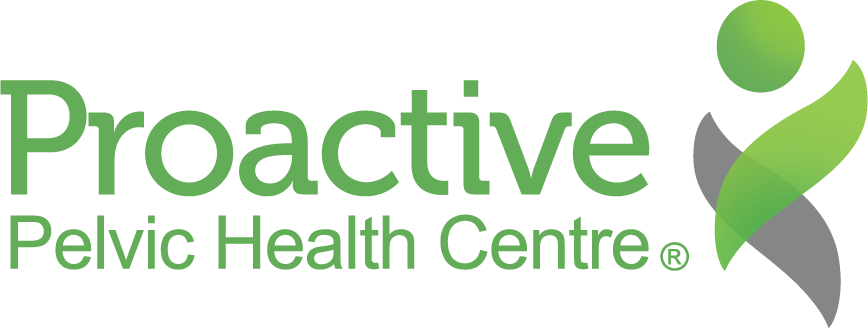How to Have a Prepared Pregnancy
By Dr. Arlene Dubier, ND
Pregnancy can be such an exciting time, whether you are a first-time parent, or growing your family. There are also many new experiences and emotions which may come up during this chapter of your life. A lot of first-time parents have trouble navigating the influx of advice they will receive from healthcare providers, family, and friends. This blog will tell you how to sift through the information and pick out what works best for you and your family so you may feel as prepared as you can for pregnancy and birth.
Choose a care provider who resonates with your values
In Ontario, your options for a primary care provider range from your family doctor, an obstetrics and gynecology (OB) doctor or a midwife. Most of the time, pregnant patients are paired with an OB or a midwife. The general rule of thumb is that if you know you would like to have medical interventions such as an epidural or scheduled C-section, you should go with an OB. These doctors tend to provide active management of pregnancy care to prevent any issues from arising. They are also used for individuals who have a “high-risk” pregnancy, such as if they have a pre-existing health condition (ex. gestational diabetes), or their baby will require additional support.
Midwives on the other hand, offer expectant management [1], which means that they act once an issue arises to prevent unnecessary intervention. Right now, there are huge backlogs with getting a midwife, so if you decide to go with a midwife, get on their waitlist as soon as you get a positive pregnancy test.
Take a Prenatal Class
Many hospitals and birth centres offer free prenatal classes to cover the basics of pregnancy and labour. You may also research to find a prenatal class which covers specialized information you may want to know such as advanced relaxation techniques or birth positions to protect your pelvic floor. By taking a class with a birth professional, you can address any questions you have prior to going into labour.
Additionally, if breast or chest-feeding is one of your goals, a huge factor which plays a role in this success is taking a prenatal class! The reason for this is that if you are prepared for lactation and have a basic knowledge of how it works, you are equipping yourself for success, right off the bat.
Create a Birth Plan
Birth and labour may not always go according to plan since we are often operating on baby’s time [2]. However, going through the process of creating a birth plan can help you understand all of the options that are available to you. The hospital, birth centre or practitioner you are working with often has a template which you can use. It may also be a good idea to do some research on your own and look for other birth plan templates.
For example, you may want to know what options you have to help make you more comfortable during your labour. You may use physical support such as massage, acupressure, a heating pad, TENS machine, or warm bath. You may use other techniques such as meditation or deep breathing. You may use medical pain management such as an epidural or nitrous oxide gas. Or, you may want to use as many of these options as possible, but it is helpful to state the order in which you would like to utilize these options so that your provider can follow your preferences.
Read Evidence-Based Books
Two common book suggestions for new parents are “Expecting Better” by Emily Oster, and “The Birth Partner” by Penny Simkin. “Expecting Better” is written by an economist who read through the research when she was pregnant with her first child. It weeds out the common myths from reality in order to approach birth with fearlessly, with confidence and make decisions which are best for you. “The Birth Partner” delves into the stages of labour and what signs and symptoms to expect. Also, it discusses pain management techniques, labour positions and birthing positions as well as how to be a supportive partner for the birthing parent.
Use Other Healthcare Practitioners!
If you are able to, finding extra support is always helpful. This may look like hiring a doula, a pelvic floor physiotherapist, an osteopath, a naturopathic doctor, a prenatal RMT, chiropractor or lactation consultant. These practitioners can not only provide you with additional information based on your specific needs, but help you advocate for yourself to have the most empowering pregnancy and birth experience. If you are interested in having extra support, book a free meet and greet with one of our practitioners.
Resources:
Begley, C., Gyte, G., Devane, D., McGuire, W. & Weeks, A. (2014). Active versus expectant management for women in the third stage of labour, Cochrane Database Systematic Review. 11, CD007412
Mirghafourvand, M., Mohammad Alizadeh Charandabi, S., Ghanbari-Homayi, S., Jahangiry, L, Nahee, J. & Hadian, T. (2019). Effect of birth plans on childbirth experience: a systematic review, International Journal of Nursing Practice. 25(4), e12722.




